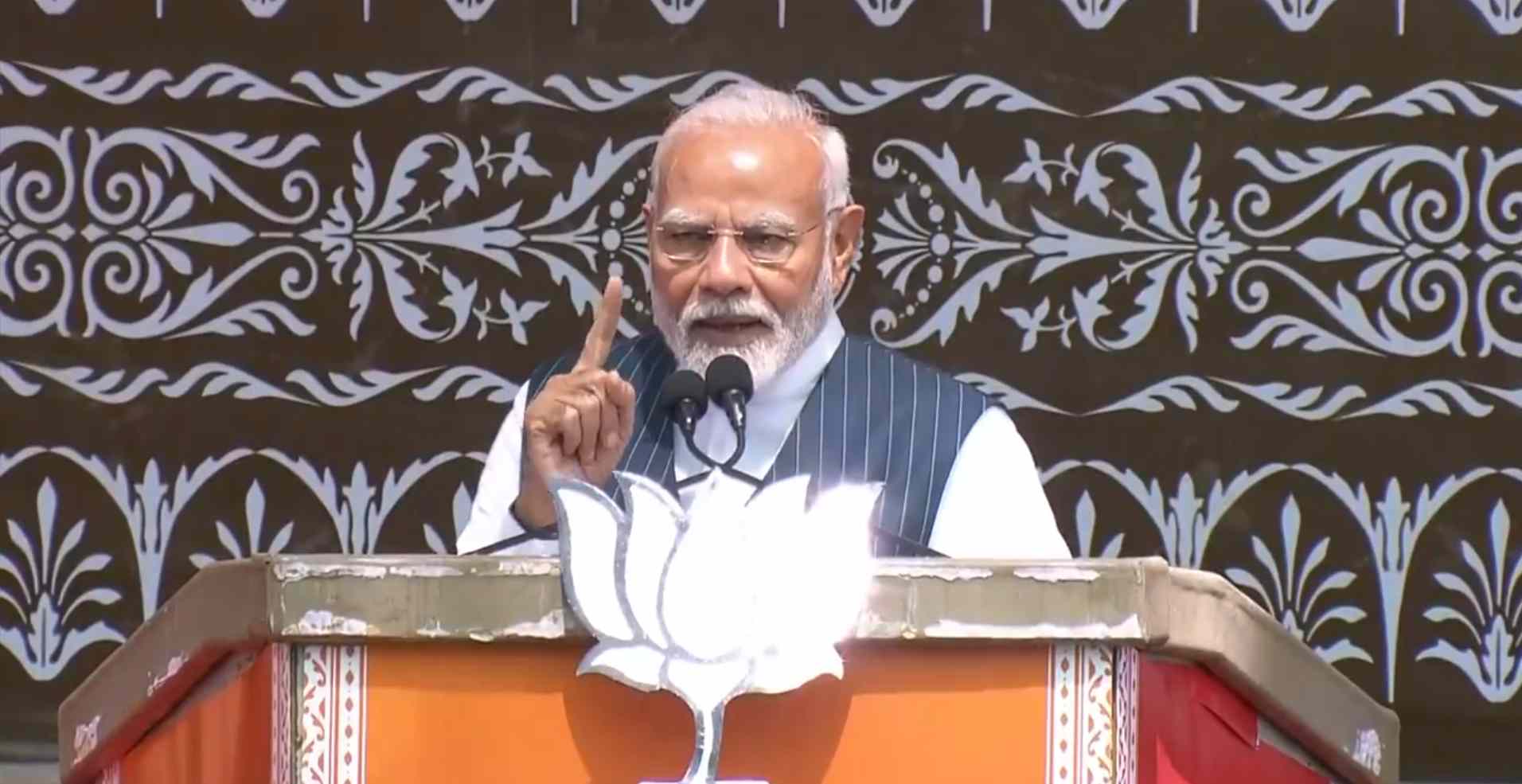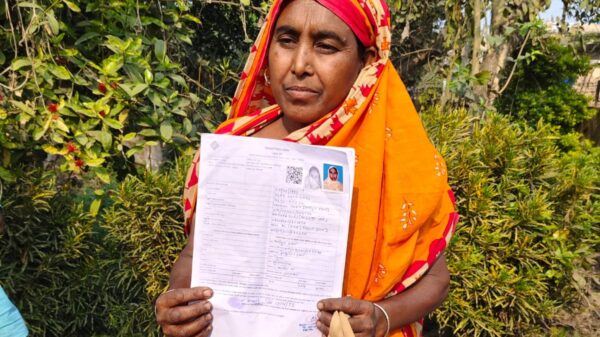Prime Minister Narendra Modi has hailed the passage of the Waqf (Amendment) Bill and Mussalman Wakf (Repeal) Bill by Parliament, calling it a “watershed moment” for India’s journey towards socio-economic justice, transparency, and inclusive growth.
While on his official visit to Thailand and Sri Lanka, the Prime Minister said that the new legislation will benefit those who have long been marginalized and deprived of both voice and opportunity.
“The legislations will particularly help those who have long remained on the margins. These changes will empower them, ensuring they receive both their rights and opportunities,” Modi said.
The Prime Minister thanked Parliamentarians for their constructive contributions during the debate and expressed his appreciation for the extensive public participation in the legislative process. “A special thanks to the countless people who sent their valuable inputs to the Parliamentary committee. Once again, the importance of debate and dialogue has been reaffirmed,” he added.
He described the Waqf system as historically being “synonymous with lack of transparency and accountability,” adding that this had disproportionately harmed the interests of Muslim women, poor Muslims, and Pasmanda Muslims. According to him, the new legislations will boost transparency and safeguard the rights of the people, especially those from marginalized sections.
Modi stressed that the country is entering a new era with a more modern, social justice-oriented framework. “This is how we build a stronger, more inclusive, and compassionate India,” he said.
The Waqf (Amendment) Bill passed the Lok Sabha and Rajya Sabha after heated debates, despite strong opposition from several political parties and Muslim organizations. Critics have raised concerns that the legislation is an attack on minority rights and could lead to the government gaining control over Waqf properties. The bill now awaits President Droupadi Murmu’s assent before becoming law.
The government maintains that the Bill will improve the efficiency and transparency of Waqf bodies, but opponents argue it will undermine the autonomy of religious institutions.




























































